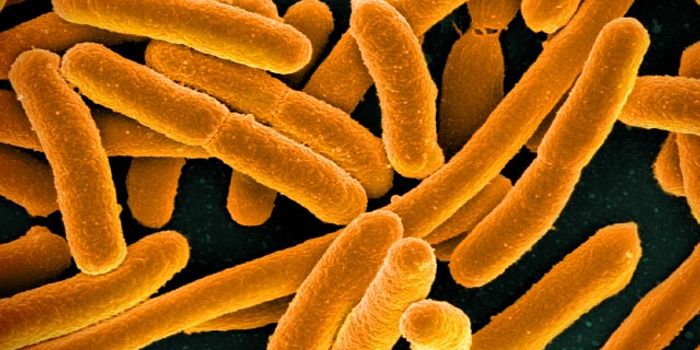A Molecule in Mosquito Saliva Aids Chikungunya Infections
Chikungunya is a mosquito-borne virus that is transmitted by Aedes mosquitoes, typically on the South American continent, and other parts of Africa, Asia, Europe, and the Caribbean. However, there has been a recently acquired, local case in New York State. Climate change continues to alter the environment, which raises the possibility that the mosquitoes that spread this disease could move to more new areas, putting more people at risk. Chikungunya virus (CHIKV) infections cause fatigue, headache, rash, joint swelling and pain, and although most people recover from chikungunya infections on their own within about one week, the joint pain is lasting in some individuals. There is no treatment for chikungunya, other than managing symptoms with medication like acetaminophen.
Scientists have discovered that a molecule in mosquito saliva can change how the human immune system reacts to a chikungunya virus (CHIKV) infection. This work, which was reported in Nature Communications, identified a peptide in mosquito saliva called sialokinin, which can suppress the activation of immune cells known as monocytes. This reduced inflammation, which can help the virus spread in the body in the early stages of infection. The findings show that this mosquito molecule can affect human biology.
Sialokinin attaches to the immune system’s neurokinin receptors, which suppresses inflammation. In the early stages of infection, it is then easier for the virus to spread to other tissues, which could lead to more severe symptoms as the infection progresses.
The research seemed to confirm that hypotheses; since patients with more severe cases of chikungunya also carried higher levels of anti-sialokinin antibodies, which is indicative of a stronger immune response to this molecule.
"This study provides compelling evidence that mosquito salivary proteins are not just passive carriers of viruses but active modulators of host immunity," said co-corresponding study author Dr. Siew-Wai Fong, a Senior Scientist at A*STAR Infectious Diseases Labs (A*STAR IDL).
The study authors suggested that it may be possible to target sialokinin or related molecules as a treatment for chikungunya and possibly other arboviral infections. More research will be needed to determine whether this is true.
The work has also highlighted how mosquito saliva can interact with the human body in complex and possible unexpected ways.
Sources: Agency for Science, Technology and Research (A*STAR), Singapore, Nature Communications









